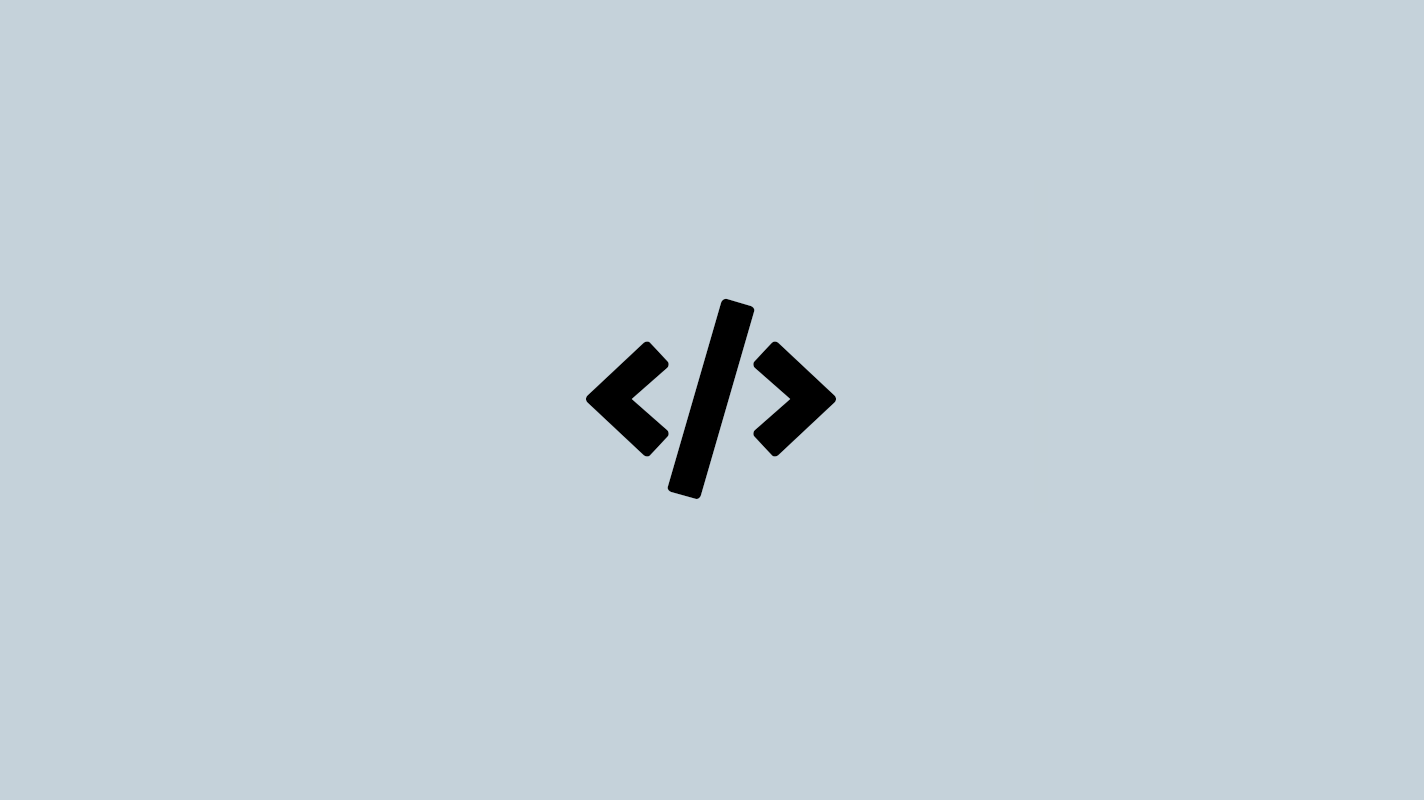One of the first things most developers learn when starting programming are if/else conditions. And even though the importance of conditions remain the same throughout your work, you don't actually need the else branch most of the time.
If you've ever worked with modern linting tools you may get a warning like
An if expression with an else branch is never necessary
You may wonder why this warning exists, so let's take a closer look why this warning exists and how to actually live without an else branch.
Think the other way round
Let's say you've got a function which retrieves users from an API - but only if the user is admin, otherwise the function throws an exception.
public function getUser(UserAPI $api)
{
if ($this->currentUser->isAdmin()) {
return $api->getAllUser();
} else {
throw new AccessDeniedException();
}
}
Every level of nesting means additional complexity. In order to keep our (and the people we work with) sanity at a stable level we strive for simplicity. To achieve this we can simply turn around the way our condition works and make this function easier to follow.
public function getUser(UserAPI $api)
{
if (! $this->currentUser->isAdmin()) {
throw new AccessDeniedException();
}
// Our code never reaches this line if the currentUser is no admin
return $api->getAllUser();
}
By simply inverting our if condition we were able to get rid of the else and made the method easier to follow.
Let's take a look at another example: let's assume we've got a class which is responsible for storing and reading setting values from our database. To avoid unnecessary queries we cache already queried values to make our application faster. Last but not least we want to have a fallback value we want to return in case a value doesn't exist:
public function get($key, $default = null)
{
if (! isset($this->cache[$key]) {
// Key not cached yet, try to find him in the database
$setting = $this->objectManager->getRepository(Setting::class)->findBy(['key' => $key]);
if ($setting) {
// Key found in the database, cache and return it
$this->cache[$key] = $settings->getValue();
return $setting->getValue();
} else {
// Key was not in the database, return the fallback value
return $default;
}
} else {
// Key has already been cached
return $this->cache[$key];
}
}
Such an easy method, yet not the easiest one to follow. But we could simply invert our conditions again and get the following:
public function get($key, $default = null)
{
if (isset($this->cache[$key])) {
// If the key has already been cached we can simply return it from there
return $this->cache[$key];
}
// Since our key was not in the cache let's try to find it in the database
$setting = $this->objectManager->getRepository(Setting::class)->findBy(['key' => $key]);
if ($setting) {
$this->cache[$key] = $setting->getValue;
return $setting->getValue;
}
// Key was neither found in the cache nor in the database, return the fallback value
return $default;
}
Again we've elimated unnecessary indentation depth (and hence we've reduced complexity) by simply getting rid of our else branch.
To summarize these examples just keep in mind that return and throw exits the function, meaning everything below can be considered as an else branch. This might force you to split methods (or wherever else you want to eliminate your else branch) into smaller methods, but due to readability, maintainability and testability this is an actually desirable consequence.
Conclusion
This post may seem obivous for many people, but sometimes a small hint is required to get a different perspective on something. This post tries to give you such a hint for something as trivial as if conditions by simply removing something which may be considered essential. And by simply removing some of our code we actually increase readability, reduce complexity and make it easier to follow without losing any actual functionality.




